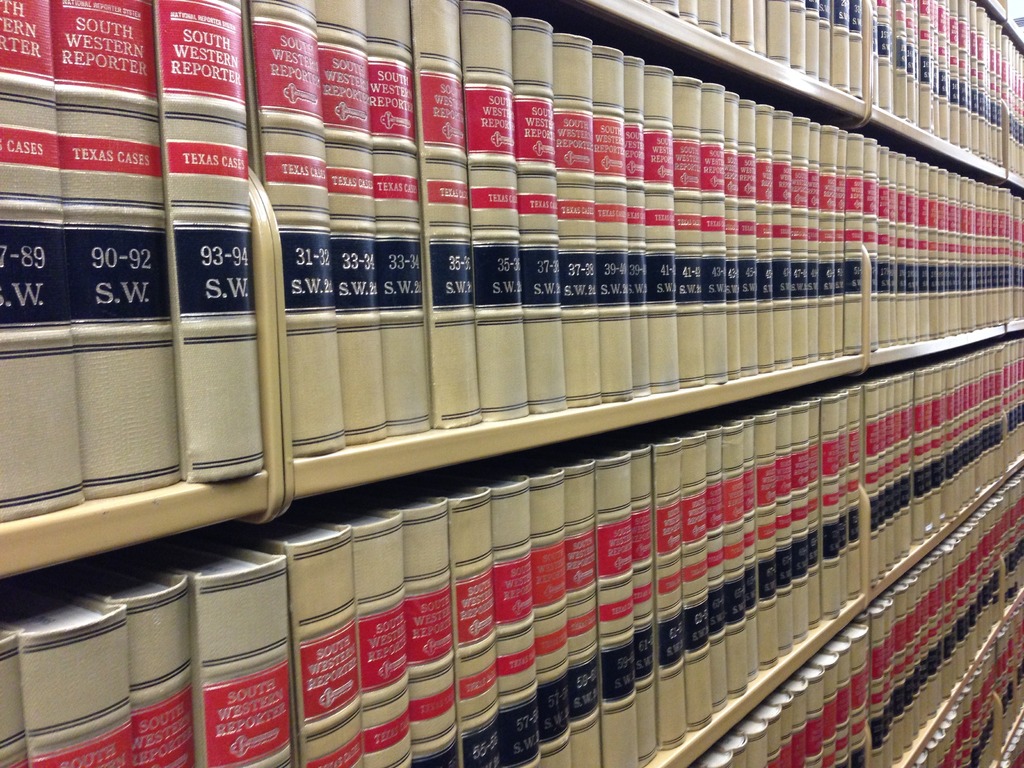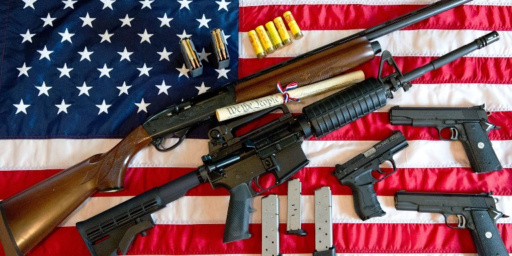Laws are Worthless!
Or are they?

It has been asserted, as is often the case in the wake of yet another mass shooting, that laws are worthless so we shouldn’t even consider any kind of regulation. Indeed, I quote Wayne LaPierre saying as much in my previous post.
Or, for example,
But, of course, by that logic, we should have no laws, because, after all, some screwball will break them.
While I fully understand that age limits on weapons purchases won’t prevent all mass shootings, it certainly could prevent an impulsive teenager from easily accessing such weapons. If one can’t rent a car at 18, perhaps the unfettered purchase of firearms at that age is worth considering.
Note the efficacy (and not) of age restrictions:





Do I misunderstand Inhofe? Or he is he advocating, not for no more gun laws, but for no attempts to find would-be mass killers? As if human life, the lives of children, weren’t worth some more effort and more importantly, money?
I mean, yeah, we probably aren’t going to find them all, even if we spent a lot of time and money trying too. It still seems worth it to me.
Give the Devil His Due…
It is often said that there are “so many” assault rifles* out there, that regulating them would be the equivalent of closing the barn door after the horse is gone. Which is just so much horse puckey. Making it illegal to own a thing automatically pushes the incentive towards the side of getting rid of it. Will some refuse to in the name of liberty or whatever lie they are convinced of? Of course. But now they have lots of incentive to take the damn thing and bury it in a secret compartment in their walls, only taking it out on very rare occasions to lovingly fondle it before returning it to it’s confinement. Taking it to the gun range and shooting it? Nope, too risky. Too many eyes. To the family farm? Nope, also too risky, too many ears. Way out in a wilderness? That might work, but in addition to ammo, there is the cost of gas and time to consider too. In the end, how many will be willing to go to prison for a thing they don’t dare use?
*I would prefer to regulate magazine capacity. it is easier to define: “No more than a 5 round capacity.” Not 6, not 7, certainly not 30, and no 100 round drum magazines either.
The base argument: that criminals will ignore laws because they are criminals cuts both ways. For example, the inane idea that the solution is that “schools should only have a single official point of entry” (which most already do–including Uvalde) fails under the same logic. After all, if someone is a committed criminal, why would they follow that requirement to enter the school through the front door.
Also, what’s telling, in this case, is that the laws did serve as a deterrent in so much as the shooter was unable to successfully purchase a gun until he was legally able to do so.
On May 1, Law Day USA, I happened upon a former neighbor, a working lawyer, who introduced me to his now retired former law partner.
Only after my neighbor left did I remember what day it was.
“Today is Law Day.” I mentioned “I learned about it in grade school.”
“It doesn’t mean anything to me.” He nearly spat out the words.
@Matt Bernius:..After all, if someone is a committed criminal, why would they follow that requirement to enter the school through the front door.
Yeah, why would they since someone left a door propped open that was supposed to be locked.
If the school was windows the shooter can get in. Just use a rock to break a window. Or use the gun.
Steve
I’ve always found the “we already have laws. The criminals don’t care” response both strange and disingenuous. We don’t apply it to any other crime.
In 1970 one-hundred thousand people died in drunk driving crashes. Of course, we all shrugged and said there are already laws, drunk drivers don’t care. So we didn’t lower the legal limit for drunk driving. We didn’t stiffen penalties for those caught driving drunk. We didn’t toughen enforcement. As a result there were still 100,000 drunk driving deaths in 2020.
No, wait, we did do those things and there were 11,000 deaths from drunk driving in 2020 and a little over 10,000 in 2019.
Maybe changing the laws might help a little after all.
Why are they banning abortions then? If “laws don’t work”, then why bother? A rather nilhistic position to take.
@Argon:..Why are they banning abortions then?
Clearly they only care about preborn humans. Any time school children are murdered in their classrooms the National Rifle Association and it’s depraved lackeys in the United States Congress do not give a flying fuk!
But we already know this don’t we.
@Kari Q: “I’ve always found the “we already have laws. The criminals don’t care” response both strange and disingenuous. We don’t apply it to any other crime.”
Actually, it’s often cited — even by some commenters here — that it’s the reason there’s no point in raising taxes on rich people, because they will just hire fancy lawyers to find ways to avoid them.
It’s basically the go-to excuse for not doing the thing you don’t want to do that an overwhelming number of your constituents want you do to.
@Kari Q:
Deaths per billion vehicle miles have been following an exponential decay curve since the 1920s. It’s a non-trivial exercise to separate out the effect of changes in the drunk driving laws from the effect of all the things we now require that simply make it more difficult for people to die in car crashes: seat belts, crumple zones, collapsible steering columns, side door beams, radial tires, air bags, fuel tank bladders, mandatory child seats, etc, etc.